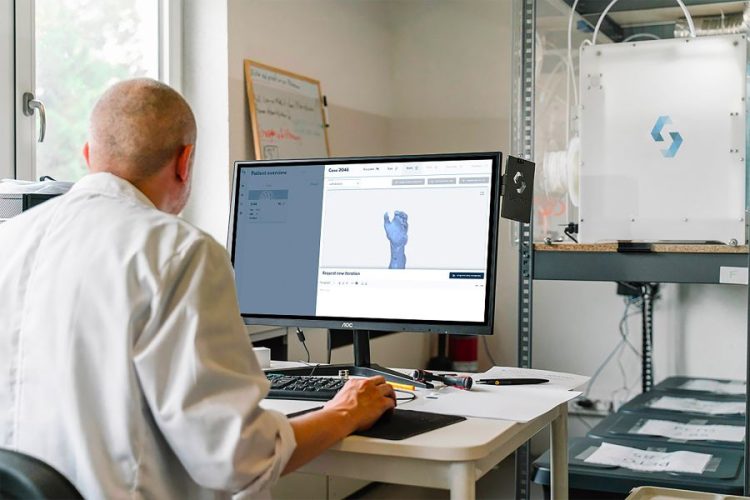How to Implement Effective Healthcare Solutions for Enhanced Patient Care

Categories :
In today’s ever-evolving healthcare landscape, effective and efficient patient care has never been more crucial. This includes navigating through complex medical challenges and technological advancements. This article provides essential steps in implementing effective healthcare solutions. In turn, you can prioritize patient-centric approaches, while embracing the latest advancements in medical science and digital innovation.
Understanding the Current Challenges
It's not easy to effectively integrate new technology into existing systems. Innovative solutions promise improved patient care, but the complexity of implementation often leads to resistance and inefficiencies. Healthcare providers have the challenge of navigating this transition while ensuring seamless patient care. Additionally, the rising cost of healthcare services puts a strain on both patients and providers.
This financial burden affects access to quality care and impacts the sustainability of healthcare organizations. It's key to consider reimbursement models, operational efficiency, and resource allocation. Overcoming these challenges will require collaborative efforts across various stakeholders.
Utilize Technology
The use of technology has become increasingly crucial in providing enhanced patient care. This ranges from telemedicine to wearable devices. By harnessing the power of data analytics, healthcare professionals can gain valuable insights. They cover patient behaviors, treatment outcomes, and population health trends. This enables more personalized and proactive care for patients, leading to better overall health outcomes. Remote monitoring devices allow for continuous tracking of vital signs and other health metrics - outside of traditional clinical settings.
This real-time data empowers patients to take control of their own health and enables healthcare providers to intervene early when issues arise. Advanced medical imaging technologies have enabled more accurate diagnoses and treatment planning. They also reduce the need for invasive procedures or surgeries. Specialist websites discuss things like healthcare RTLS systems including AeroScout RTLS, and Hugs Infant Protection. You can also learn about WanderGuard BLUE Wander Management, Arial Emergency Call, and Nurse Call.
Tailor Solutions to Individual Requirements
It's becoming increasingly evident that a one-size-fits-all approach to patient care is no longer sufficient. Tailoring solutions to individual requirements has emerged as a pivotal strategy. In turn, it can enhance patient outcomes and overall healthcare efficacy. It's important to recognize the unique needs, preferences, and challenges of each patient. Healthcare providers can then offer personalized treatment plans, addressing specific health conditions and promoting better adherence. This approach provides greater flexibility in addressing diverse patient demographics, cultural backgrounds, and socioeconomic factors.
It also fosters trust and rapport between patients and their care teams. It's additionally vital to implement precision medicine techniques. These leverage advanced technologies to analyze genetic, environmental, and lifestyle factors. This targeted approach optimizes treatment outcomes. It also reduces healthcare disparities, ensuring equity in access to tailored care options for all patients.









